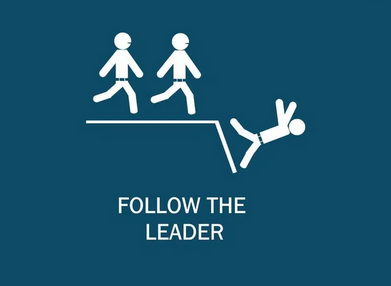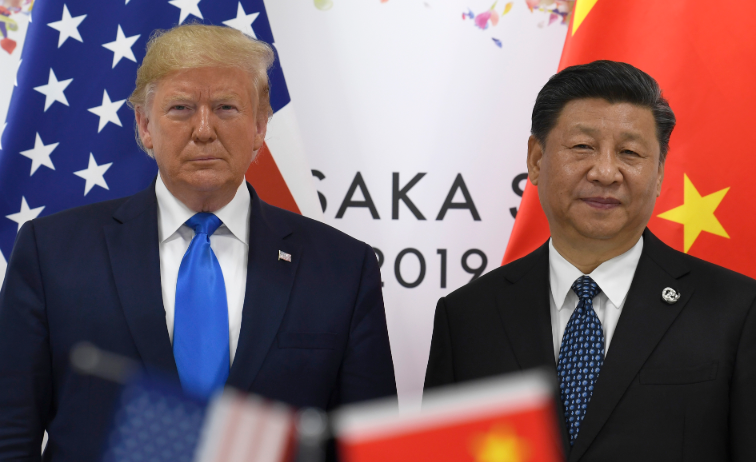He needs to be both tough-on-China and friendly to markets, but he can’t be
President Trump faces a dilemma.
If he stays tough on China, he risks hurting markets and in his mind, the Dow Jones Industrial Average is a top barometer for his Presidency.
If he softens on China and signs a deal that rolls back tariffs while getting little in return, he risks getting outflanked on an issue that has united Americans and has Democratic candidates talking tough.
The core belief among market participants is that he will cave on China and try to spin his deal as a good one — similar to what he did on NAFTA. That would keep markets happy.
But Trump may be considering another playbook. Top advisor Peter Navarro doesn’t believe that tariffs will hurt the domestic economy and he’s undoubtedly told Trump that the effects are overrated. At the same time, Trump invited Powell to the White House for an impromptu meeting on Monday and it may have been to feel out how the Fed would react to a deal falling apart.
Trump may believe that markets and the economy will hold up fine if he stays tough on China and Powell cuts.
The line from today’s Reuters report that really stands out to me is this:
Trump and U.S. Trade Representative Robert Lighthizer recognize that rolling back tariffs for a deal that fails to address core intellectual property and technology transfer issues will not be seen as a good deal for the U.S., a person briefed on the matter said.
I don’t think Trump has made up his mind but I do believe he’s weighing both courses of action.






 -From working with developing traders, I’d say that 90% don’t/can’t sustain the process of keeping a substantive journal. Among the group that does journal, well over 90% of the entries are about themselves and their P/L. I almost never see journal entries devoted to figuring out markets.
-From working with developing traders, I’d say that 90% don’t/can’t sustain the process of keeping a substantive journal. Among the group that does journal, well over 90% of the entries are about themselves and their P/L. I almost never see journal entries devoted to figuring out markets.